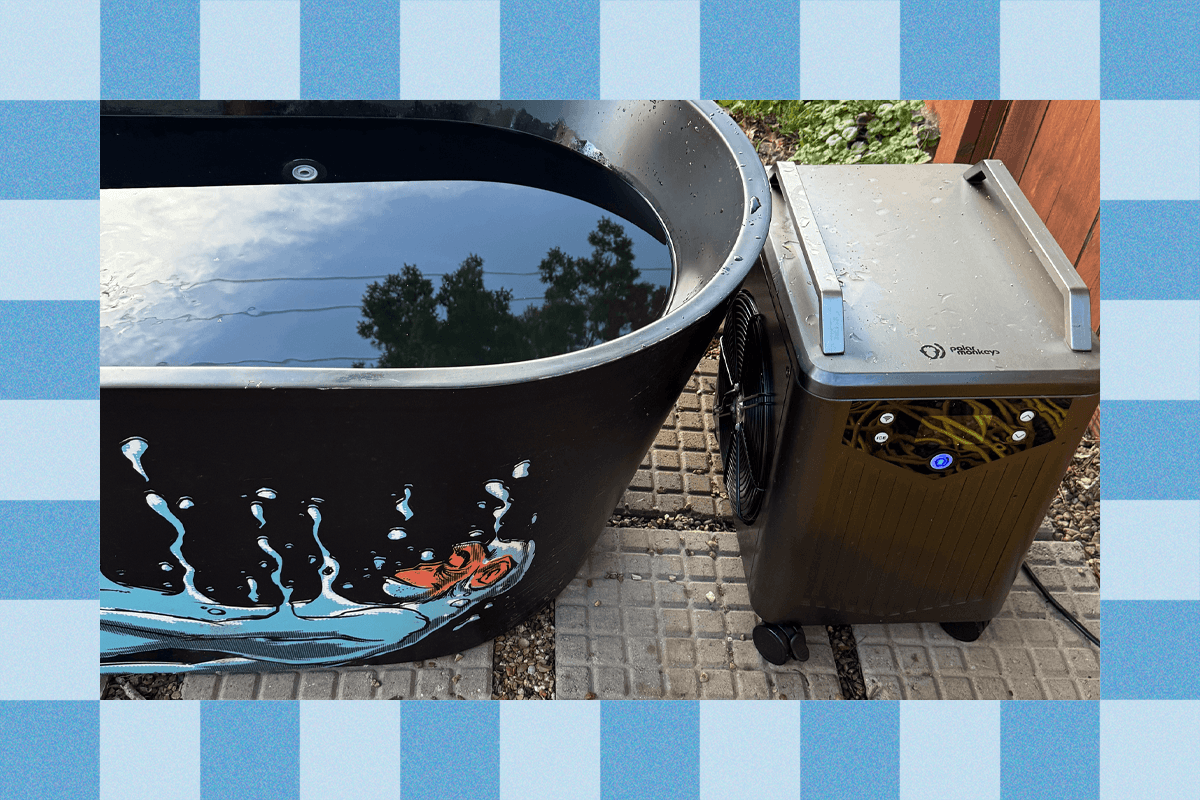Summary
We dive into the pros and cons of cold plunging to see whether this popular wellness trend really is worth the chill.
Source: wired

AI News Q&A (Free Content)
Q1: What are the potential benefits of cold plunging for longevity and anti-aging, according to 2025 trends?
A1: Cold plunging in 2025 is associated with longevity and anti-aging due to its potential to reduce inflammation, increase mitochondrial function, and enhance cellular repair. This wellness trend has gained popularity through social media platforms like TikTok and Instagram, where visually engaging content boosts its visibility. Such exposure has made cold plunging a key component of modern wellness practices.
Q2: How does cold water immersion impact muscle recovery and growth, as per recent studies?
A2: Recent studies have shown that cold water immersion, particularly after strength training, can reduce blood flow to muscles, hindering their ability to absorb protein and recover. This effect may blunt muscle growth and counteract the benefits of resistance training, suggesting that cold plunges could be more harmful than beneficial when used immediately post-workout.
Q3: What are the mental health benefits of cold water immersion described in recent literature?
A3: Cold water immersion is reported to provide mental health benefits such as stress reduction and improved sleep quality. These benefits are attributed to the body's natural response to cold exposure, which can enhance mood and promote a sense of well-being.
Q4: What are the risks associated with cold plunging, especially regarding postural stability and potential injuries?
A4: Cold plunging can decrease body temperature, impairing fine motor control, muscular function, and cognition, which may lead to reduced postural stability. This effect increases the risk of musculoskeletal injuries, particularly before complete recovery is achieved. Active rewarming is necessary to recover postural stability to near-baseline levels.
Q5: How has the popularity of cold plunging been influenced by social media and wellness trends in 2025?
A5: The rise in popularity of cold plunging in 2025 is significantly driven by social media, where platforms like TikTok and Instagram amplify its trendiness. The visually striking nature of ice baths and the dramatic reactions they evoke make them ideal for viral content, encouraging more people to explore and embrace this wellness practice.
Q6: What are the contrasting scientific viewpoints on the effectiveness of cold plunging in athletic recovery?
A6: Scientific opinions on cold plunging for athletic recovery are mixed. Some studies suggest benefits like reduced muscle soreness and discomfort, while others indicate it may slow muscle growth and interfere with training regimens. The effectiveness of cold plunges remains a debated topic within the athletic community.
Q7: What are the ethical considerations surrounding the practice of cold plunging and its promotion for health enhancement?
A7: The ethical considerations of promoting cold plunging for health enhancement involve the potential risks of hypothermia and the misleading representation of its benefits. While it offers certain mental and physical benefits, the risks and lack of comprehensive understanding of its impacts necessitate cautious promotion and informed decision-making by users.
References:
- The Effects of 10-Minute Outdoor Cold-Water Immersion on Postural Stability





